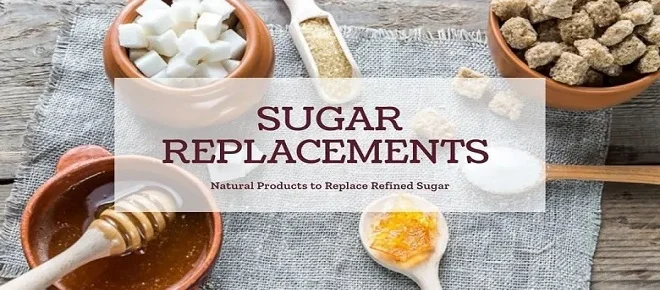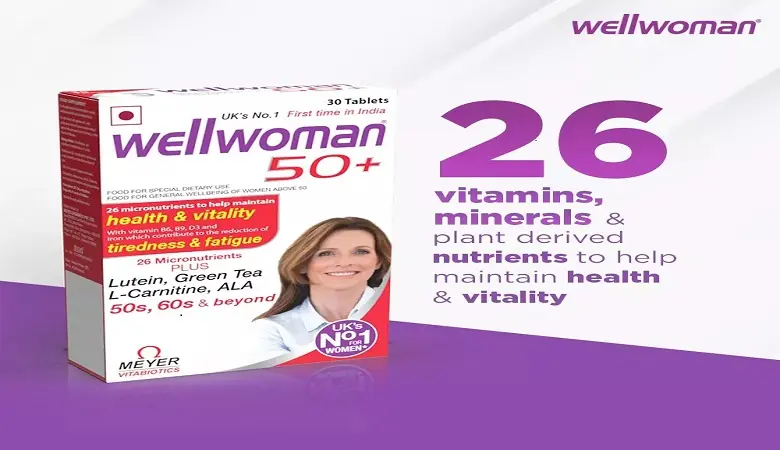Sweetening Your Life Without Breaking the Bank
With increasing awareness of the health impacts of sugar, many people are looking for alternatives to sweeten their foods and beverages. However, navigating the world of sugar substitutes can be daunting, especially if you're on a budget. Fortunately, there are several cost-effective sugar replacements that can satisfy your sweet tooth without harming your wallet or your health. Here's a guide to some of the best options.
1. Stevia
What It Is:
Stevia is a natural sweetener derived from the leaves of the Stevia rebaudiana plant. It has zero calories and is much sweeter than sugar.
Cost-Effectiveness:
- Forms: Available in liquid, powder, and granulated forms.
- Usage: A little goes a long way due to its high sweetness potency, making it cost-effective over time.
- Price Range: $0.05 to $0.10 per serving.
Health Benefits:
- Zero calories.
- Does not raise blood sugar levels.
- Suitable for diabetics.
2. Erythritol
What It Is:
Erythritol is a sugar alcohol found naturally in some fruits and fermented foods. It has about 70% of the sweetness of sugar.
Cost-Effectiveness:
- Forms: Typically available in granulated form.
- Usage: Can be used in a 1:1 ratio to sugar in most recipes.
- Price Range: $0.06 to $0.12 per serving.
Health Benefits:
- Low in calories (about 0.2 calories per gram).
- Does not affect blood glucose or insulin levels.
- Does not cause tooth decay.
3. Xylitol
What It Is:
Xylitol is another sugar alcohol, commonly extracted from birch wood or corn. It has the same sweetness as sugar.
Cost-Effectiveness:
- Forms: Available in granulated form.
- Usage: Can replace sugar in a 1:1 ratio.
- Price Range: $0.08 to $0.15 per serving.
Health Benefits:
- Low glycemic index.
- Beneficial for dental health.
- Contains fewer calories than sugar.
4. Monk Fruit Sweetener
What It Is:
Monk fruit sweetener is derived from the monk fruit (luo han guo). It's much sweeter than sugar and contains zero calories.
Cost-Effectiveness:
- Forms: Available in liquid, powder, and granulated forms.
- Usage: Due to its high sweetness level, only a small amount is needed.
- Price Range: $0.05 to $0.12 per serving.
Health Benefits:
- Zero calories.
- Does not raise blood sugar levels.
- Antioxidant properties.
5. Honey
What It Is:
Honey is a natural sweetener produced by bees. It has a unique flavor and various health benefits.
Cost-Effectiveness:
- Forms: Available in raw, filtered, and creamed varieties.
- Usage: Typically sweeter than sugar, so less is needed.
- Price Range: $0.10 to $0.20 per serving.
Health Benefits:
- Contains antioxidants.
- Antibacterial and anti-inflammatory properties.
- May help with seasonal allergies.
6. Maple Syrup
What It Is:
Maple syrup is a natural sweetener made from the sap of sugar maple trees. It has a rich, distinctive flavor.
Cost-Effectiveness:
- Forms: Available in various grades (A, B) and types (pure, organic).
- Usage: Often used in baking and as a topping; less is needed due to its strong flavor.
- Price Range: $0.15 to $0.25 per serving.
Health Benefits:
- Contains minerals like calcium, potassium, and zinc.
- Lower glycemic index than sugar.
- Rich in antioxidants.
7. Coconut Sugar
What It Is:
Coconut sugar is made from the sap of the coconut palm tree. It has a caramel-like flavor and is minimally processed.
Cost-Effectiveness:
- Forms: Available in granulated form.
- Usage: Can be used in a 1:1 ratio to sugar in recipes.
- Price Range: $0.10 to $0.20 per serving.
Health Benefits:
- Lower glycemic index than regular sugar.
- Contains small amounts of nutrients like iron, zinc, and potassium.
- Rich in inulin, which may help improve gut health.
8. Agave Nectar
What It Is:
Agave nectar is a sweetener made from the sap of the agave plant. It has a mild, neutral flavor.
Cost-Effectiveness:
- Forms: Available in light and dark varieties.
- Usage: Sweeter than sugar, so less is needed.
- Price Range: $0.08 to $0.15 per serving.
Health Benefits:
- Lower glycemic index than sugar.
- Contains small amounts of vitamins and minerals.
- Ideal for sweetening beverages and desserts.
Conclusion
Finding the right sugar replacement involves balancing taste preferences, health benefits, and cost. The options listed above offer a range of flavors and health advantages while being mindful of your budget. By incorporating these cost-effective sugar replacements into your diet, you can enjoy sweetness without the downsides of traditional sugar. Happy sweetening!







